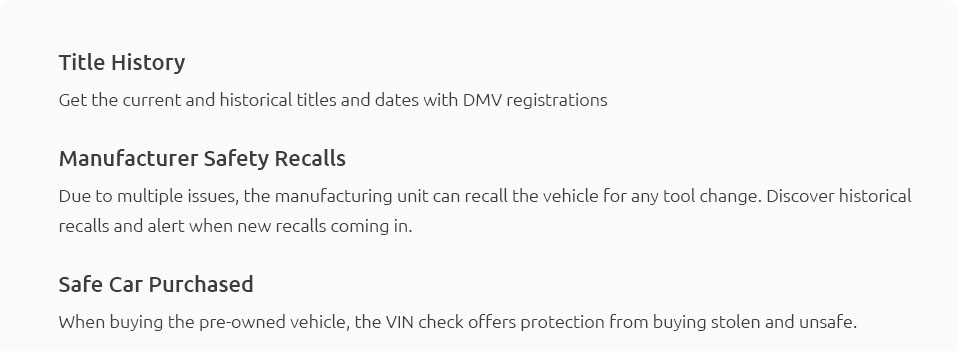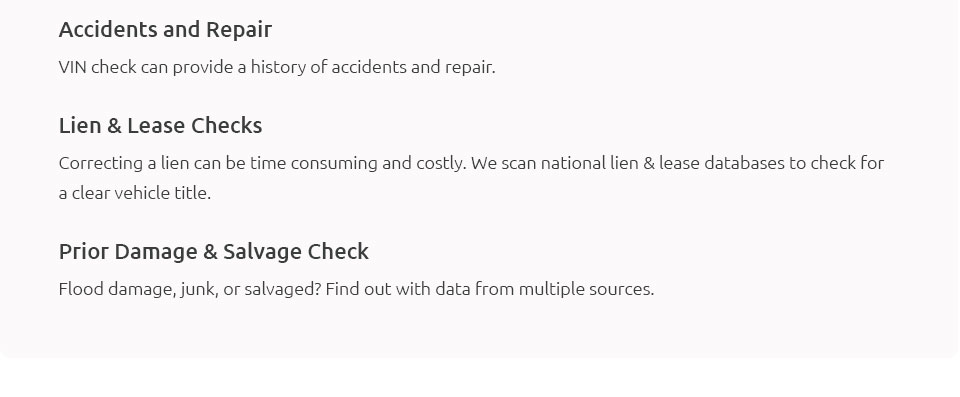 |
 |
 |
 |
 |
||
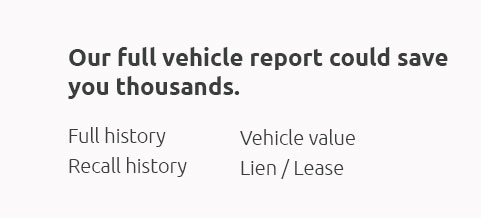 |
 |
|
 |
 |
|
 |
 |
 |
 |
||
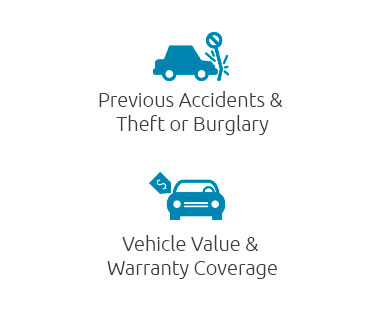 |
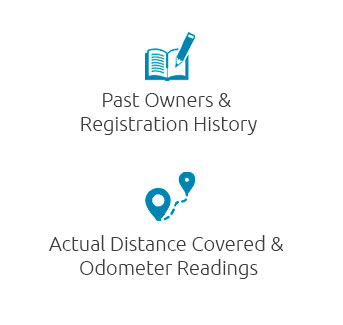 |
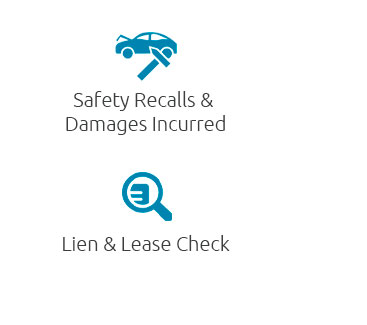 |
 |
 |
 |
||||
|
||||
 |
 |
Exploring the Intricacies of Salvage Title VIN VerificationIn today's ever-evolving automotive landscape, understanding the nuances of salvage title VIN verification is paramount for both buyers and sellers, as it can significantly impact the resale value and safety of a vehicle. When a vehicle is deemed a total loss by an insurance company due to damage or theft, it is often assigned a salvage title, a designation that inevitably raises questions about its history and condition. This is where the process of VIN (Vehicle Identification Number) verification becomes crucial. The VIN serves as a vehicle's unique fingerprint, providing essential information about its make, model, and history. Verification of this number allows potential buyers to make informed decisions, safeguarding them from unforeseen complications. Engaging in a thorough VIN check is not merely a recommendation but an essential step in purchasing a vehicle with a salvage title. The verification process involves examining the VIN for any discrepancies or signs of tampering, which might indicate fraudulent activity. Furthermore, it ensures that the vehicle's documentation aligns with its physical attributes, such as the placement and condition of the VIN plate. To illustrate, consider the case of a buyer who utilized a truck vin search service before finalizing a purchase. This proactive measure revealed that the vehicle in question had been involved in a severe accident, information that was conspicuously absent from the seller's description. Such instances underscore the necessity of conducting a VIN verification to avoid costly mistakes. Moreover, the implications of salvage title vehicles extend beyond financial considerations. Safety is a paramount concern, as these vehicles may have sustained structural damage that compromises their integrity. By verifying the VIN, one can access vital records regarding past repairs and modifications, ensuring that the vehicle meets safety standards. Enthusiasts and everyday drivers alike must recognize that a salvage title is not necessarily a deal-breaker but a signal to proceed with caution and due diligence. To delve deeper into the verification process, it's beneficial to consider the tools and resources available to consumers. Online platforms offer comprehensive services that streamline this process, enabling users to lookup title number by vin with ease. These services often provide detailed reports that include accident history, title status, and even odometer readings, allowing buyers to paint a complete picture of the vehicle's past. It is worth noting that while these reports are incredibly informative, they should be used in conjunction with a professional inspection for optimal results. In conclusion, the verification of a salvage title VIN is a critical component of the car-buying process, particularly for those considering vehicles with a potentially checkered past. It empowers buyers with the knowledge needed to make sound decisions and mitigates the risk associated with purchasing a vehicle with a salvage title. As the saying goes, knowledge is power, and in the world of salvage title vehicles, this adage holds especially true. By leveraging the available resources and conducting thorough research, buyers can navigate the complexities of salvage title VIN verification with confidence and peace of mind. https://kansashighwaypatrol.gov/get-a-vin-inspection/salvage-vin-inspection-locations/
Due to the complex nature of VIN inspections on vehicles with a salvage title, only select locations can perform these inspections. https://kansashighwaypatrol.gov/get-a-vin-inspection/vin-inspection-locations/salvage-vehicle-vin-inspection/
Cost: $25 - Fees for inspections performed at a KHP Inspection station will be collected by your County Treasurer at the time title/registration ... https://www.sedgwickcounty.org/tag-office/vehicle-inspections/
Salvage Inspection Hours: 7:30 a.m. - 2:30 p.m.. *This does include, but is not limited to, any title, Kansas or Out-of-State, with the branding of Salvage ...
|

